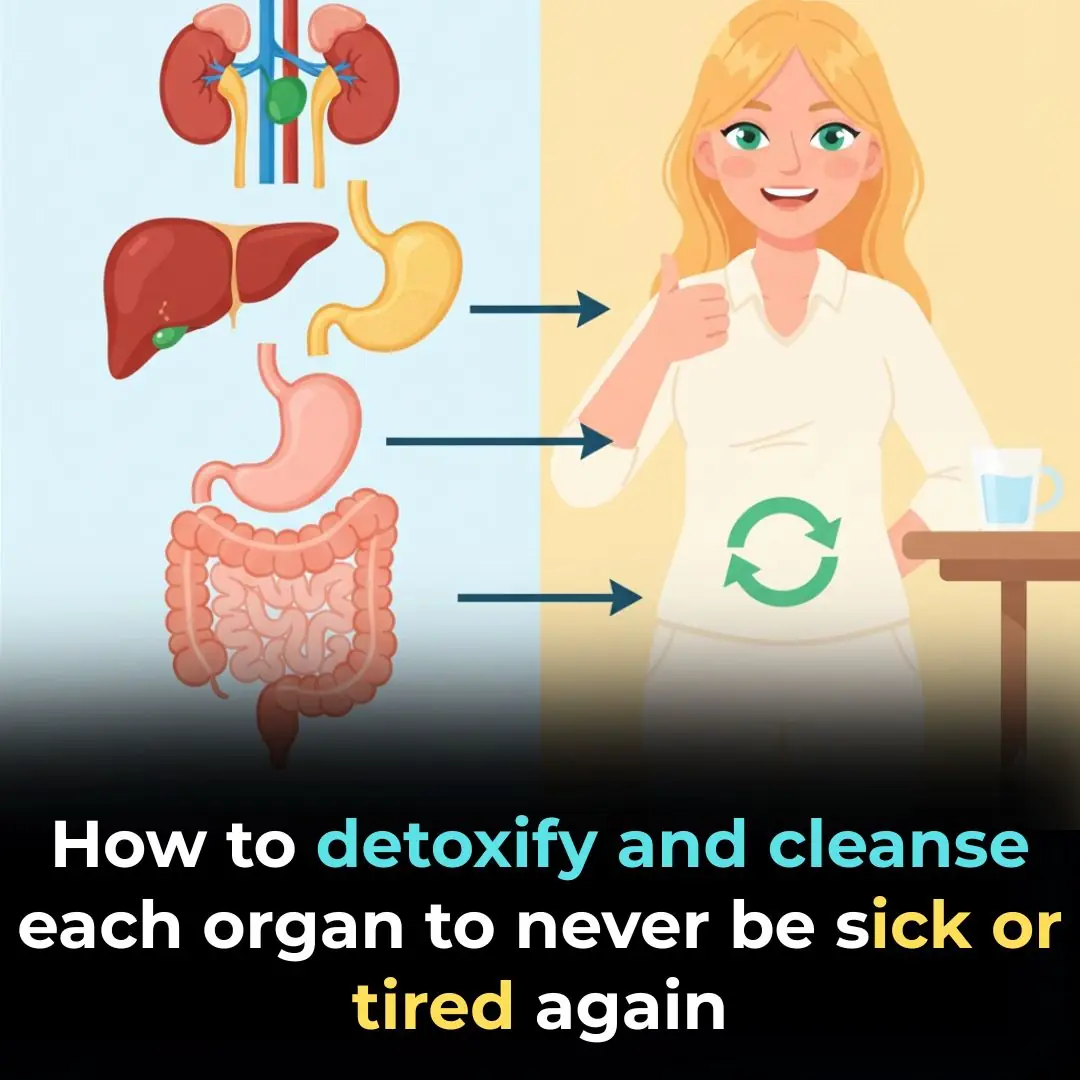
Do not drink water immediately after eating fruit — here’s what nutrition science actually says
A recent Vietnamese health article warned against the habit of drinking water right after eating fruit, saying it can cause bloating, indigestion, or reduce nutrient absorption. While that advice reflects a long-standing folk concern in many Asian cultures, modern nutrition science offers a more nuanced picture. Below is an English rewrite of the original article — expanded by about 20% — combining traditional reasoning with updated evidence from reputable medical and nutrition sources.
Why many people believe drinking water after fruit is unhealthy
Traditional reasoning holds that fruit already contains a lot of water and natural sugar. If you drink more water immediately afterward, it may dilute stomach acids, slow digestion, or lead to fermentation and bloating. The Vietnamese article notes that this habit could cause discomfort, especially when you’ve eaten fruits high in water and sugar such as watermelon, oranges, or grapes.
While these symptoms are genuine for some people, modern research shows the mechanism is different: the discomfort usually comes from overeating, rapid eating, or consuming fruit alongside heavy meals, not from water itself. (Harvard Health; Mayo Clinic).
What actually happens in your digestive system
When you drink water after eating, your stomach adjusts its acidity almost instantly. Studies in human physiology show that normal gastric acid quickly rebalances, so a few sips of water do not significantly dilute stomach acid or impair digestion. However, drinking large volumes very quickly can momentarily make you feel full, slow stomach emptying, or worsen reflux if you’re prone to it. (Cleveland Clinic; NIH Digestive Diseases research).
For most healthy people, moderate hydration before, during, or after fruit or meals is completely fine — and even supports normal digestion. The key is moderation and awareness of your own comfort level.
When the traditional caution makes sense
There are cases where avoiding water right after fruit can reduce discomfort:
-
If you have a sensitive stomach or acid reflux: Fruit acids combined with rapid water intake may increase reflux symptoms or burping.
-
If you eat very watery fruit on a full stomach: Watermelon, melon, or citrus eaten after a large meal, plus extra water, can cause bloating due to high water and fibre content fermenting in the gut.
-
If you consume fruit rich in simple sugars: Rapid drinking can speed gastric emptying and cause sugar to reach the small intestine faster, possibly leading to temporary discomfort in sensitive individuals or those with irritable bowel syndrome (IBS). (Mayo Clinic; NHS).
So while the “don’t drink water after fruit” rule isn’t universally necessary, there are contexts where it’s practical advice for comfort, especially for people with mild digestive sensitivity.
What nutrition experts recommend instead
1. Stay hydrated throughout the day
Instead of gulping down water immediately after meals or fruit, drink small amounts regularly during the day. Proper hydration supports digestion and nutrient absorption. (Harvard School of Public Health).
2. Eat fruit at least 30 minutes before or after large meals
Many nutritionists recommend separating fruit intake slightly from heavy meals, not because of chemical reactions but to prevent bloating and make nutrient absorption more efficient. Fruit digests faster than most cooked foods, so spacing it out avoids overlapping digestive processes. (Mayo Clinic; Cleveland Clinic).
3. Limit very cold water right after fruit
Ice-cold water can briefly constrict stomach blood vessels and slow enzyme activity, increasing the chance of cramps or heaviness, particularly after citrus or mangoes. Room-temperature water is gentler on digestion. (Cleveland Clinic).
4. Know your body’s response
Some people digest fruit best on an empty stomach, others with meals. If you notice bloating or gas after eating fruit and drinking water, try spacing them apart by 20–30 minutes. The discomfort usually results from individual differences in digestion, not a universal rule. (Harvard Health).
How fruit and water work together for health
Despite the old myth, water and fruit are both essential for health:
-
Fruits like watermelon, oranges, and strawberries already supply 80–90% water, contributing significantly to daily hydration needs. (USDA).
-
Adequate fluid intake (about 2–2.5 liters per day for most adults) helps maintain digestion, kidney function, and body temperature. (Mayo Clinic; CDC hydration guidelines).
So rather than avoiding water altogether, focus on timing, moderation, and balance.
News in the same category


Reason why Donald Trump had 'no chance' at winning' Nobel Prize despite his claims 'he deserved it'

The tiny round hole on your nail clipper has a real job — and a few clever (safe) extras
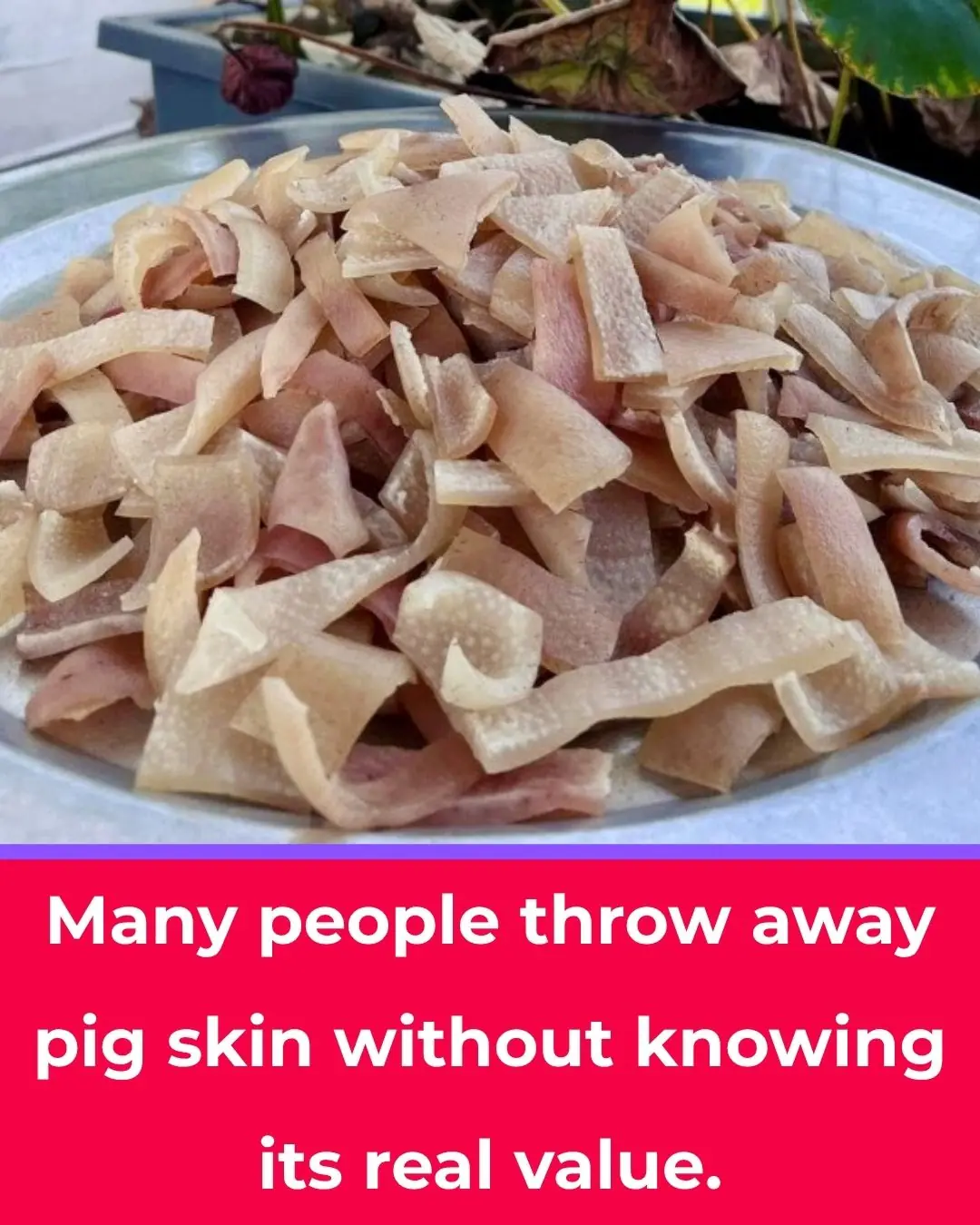
Pork skin: the cheap cut many people discard — and how to use it wisely for nutrition and safety
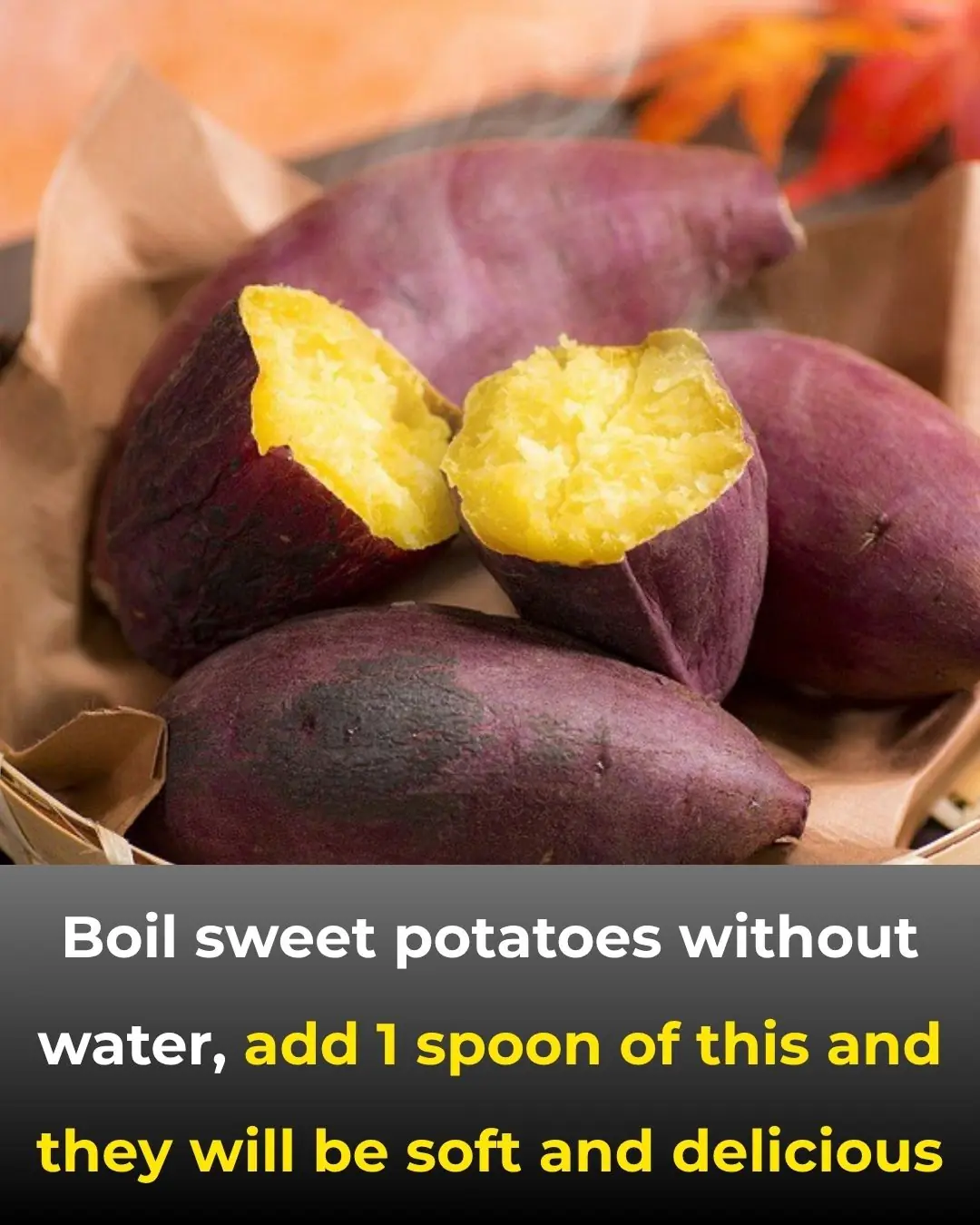
Boiled sweet potatoes: don’t use plain water—add a spoon of this for fluffy, deeply sweet results

3 powerful health benefits of using a bidet — plus a bonus for the planet

How to store fresh ginger so it lasts for months (even without a fridge)

A U.S. doctor’s simple steps to “clear” pesticides and dirt from fruit — and the science behind them
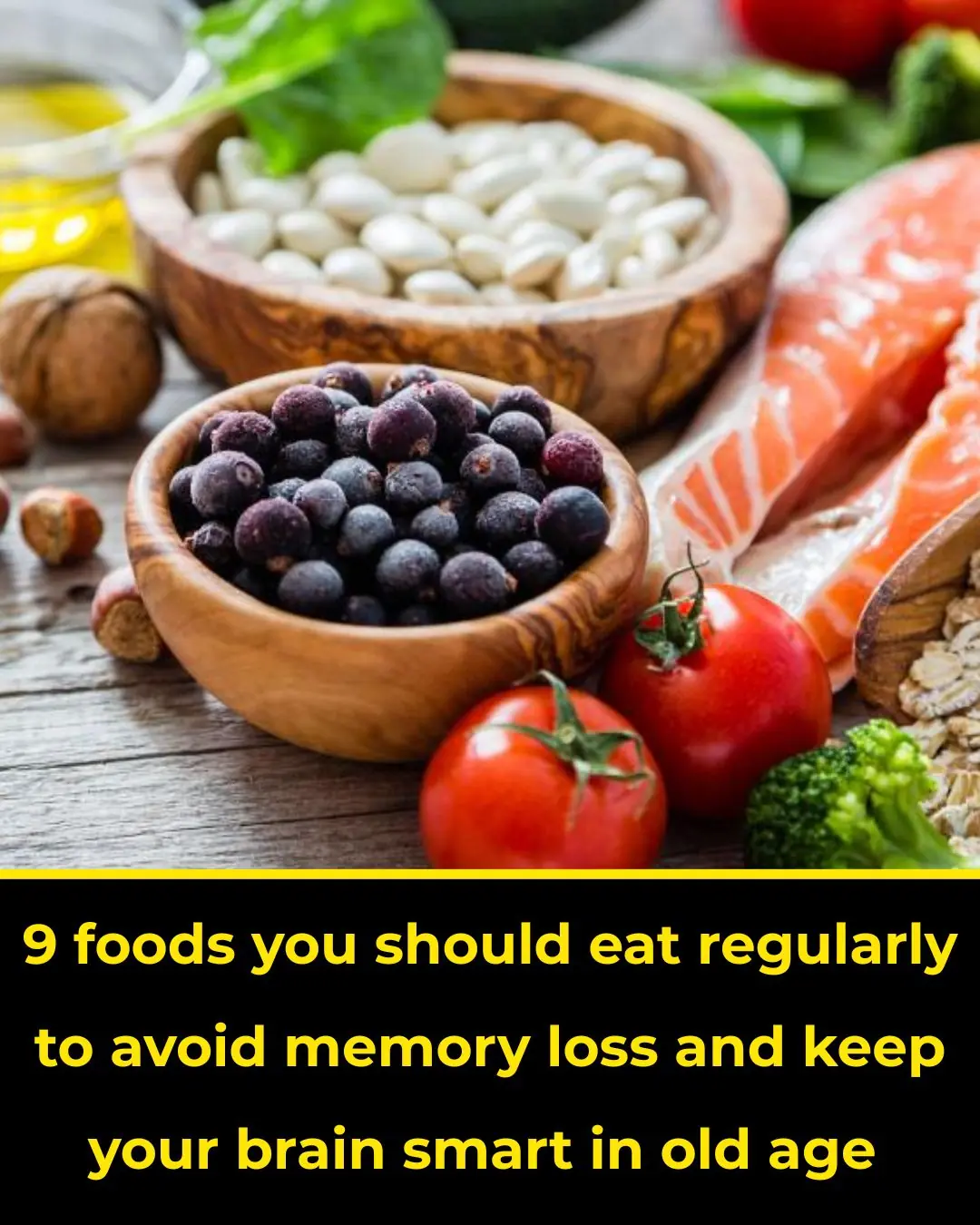
9 foods to eat regularly to help protect memory and keep your brain sharp as you age

‘Shuts TF Up’: Scott Jennings’ Unhinged Back and Forth with Abby Phillip Takes a Turn When Van Lathan Begins to Speak

Simone Biles Receives Honorary Doctorate Degree From Washington University

Kevin Howell Named NC State’s First Black Chancellor, 40 Years After Making History as First Black Student President

Holly Robinson Peete Pays Tribute to Late Father Who Was a Star on Sesame Street

Jamal Roberts Makes History as First Black Man to Win American Idol in Over 20 Years

NiJaree Canady Makes History as First Million-Dollar College Softball Player

Megan Thee Stallion & ‘Boondocks’ Producer Carl Jones to Launch New Anime Series on Prime Video
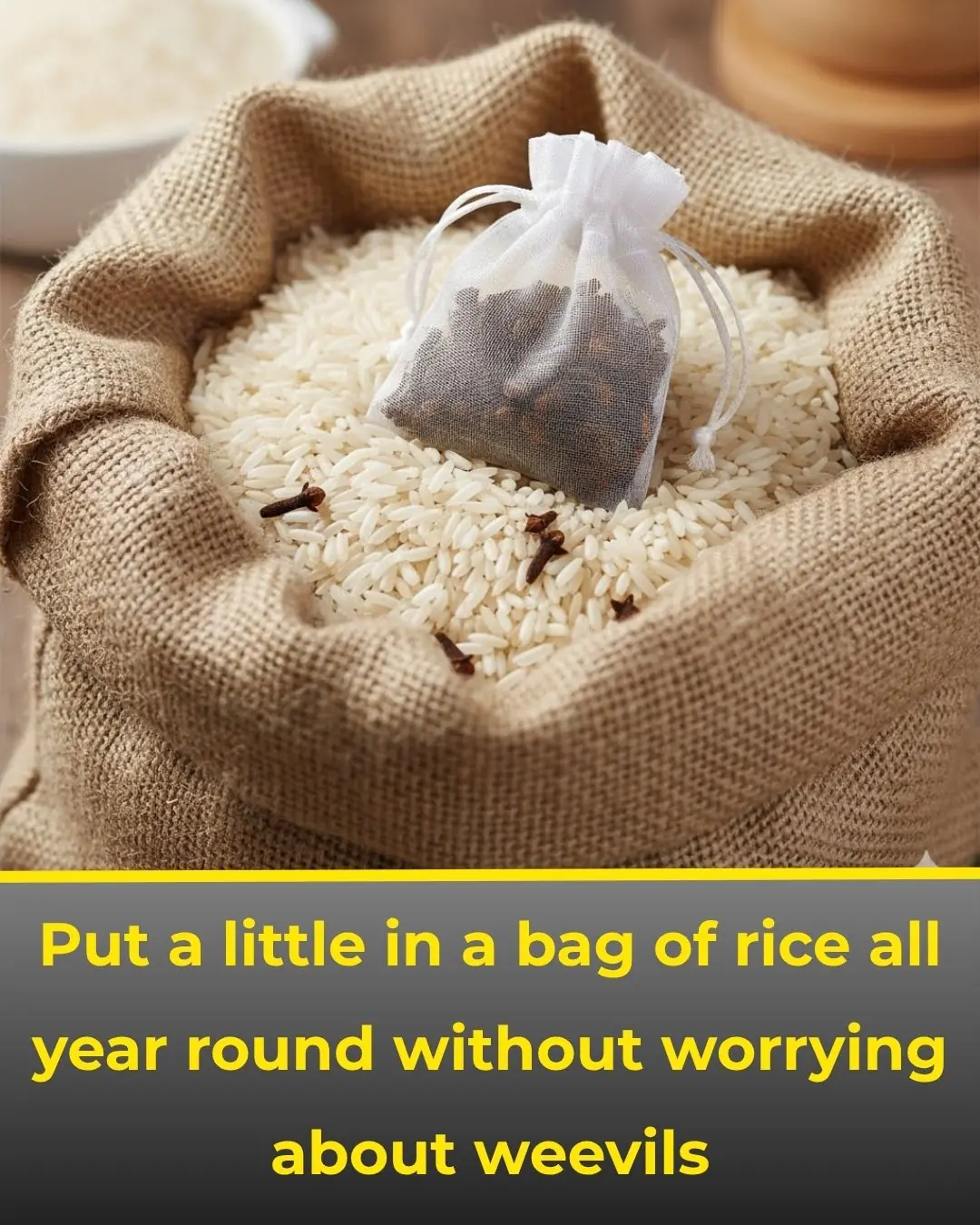
Keep rice weevil-free all year: two simple tricks — plus evidence and safer pantry practices
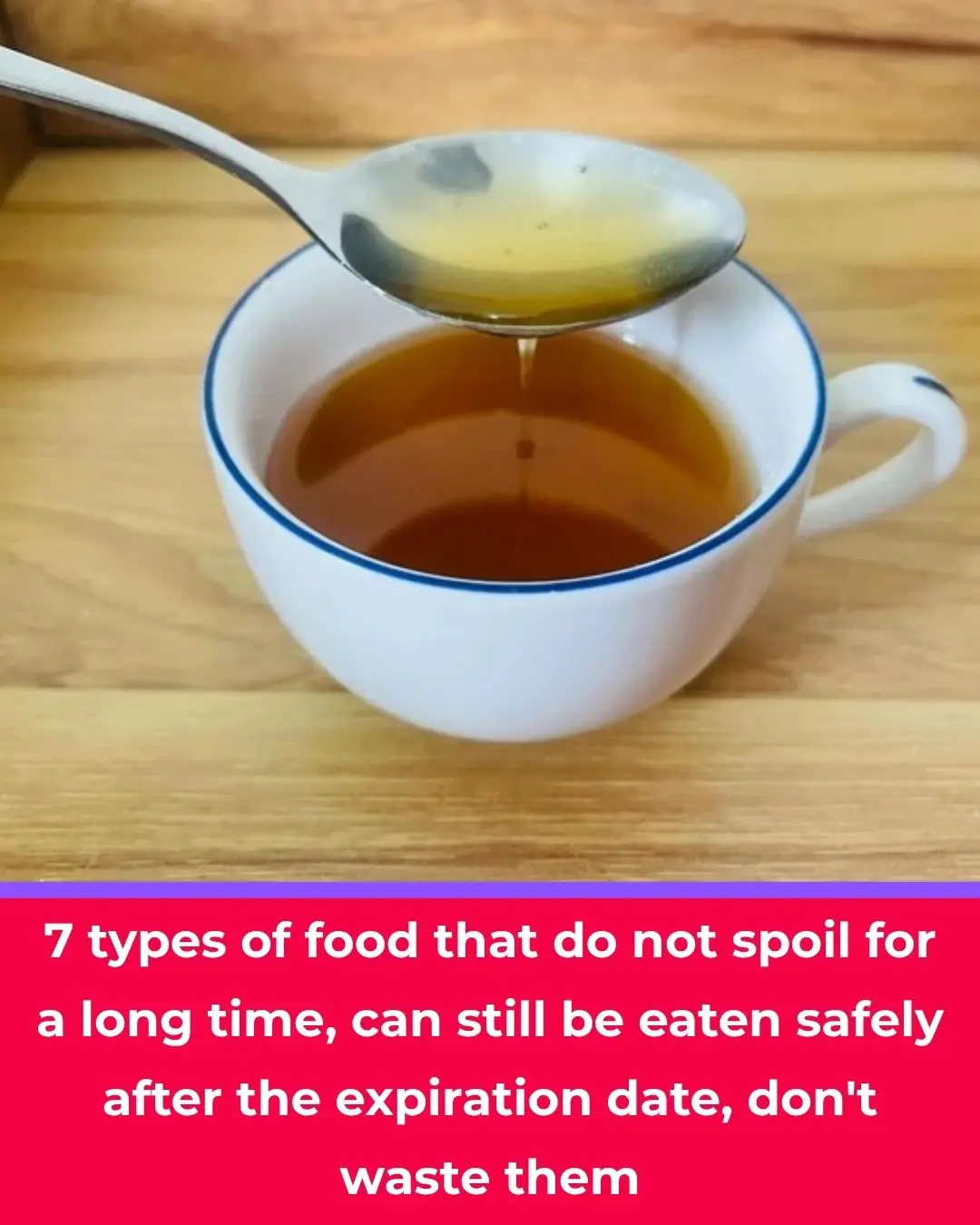
7 pantry items that really don’t spoil — and how to store them so they stay great

8 instant, drug-free ways to stop motion sickness — rewritten, expanded and evidence-backed
News Post

The Man on the Barn Roof: A Quiet Story of Loyalty, Work, and Grace.

Back on the Bench: An 85-Year-Old Man’s Remarkable Return to His Park and His Pups

Through a Dog’s Eyes: The Unconditional Love We Rarely Stop to See

Papa’s Soft Side: Bruce Pearl’s Greatest Legacy Isn’t on the Court

Raja the “Tax Collector”: Sri Lanka’s Gentle Giant Who Stops Cars for Snacks.

One Year of Courage: Branson’s Brave Battle.

Tala’s Second Chance: Fighting for Life Against All Odds

From Patient to Daughter: The Miracle of Ella.

The Promise He Kept: A Teacher, a Dress, and a Second Chance.

The Woman Behind the Green Face: Margaret Hamilton’s Quiet Legacy.

A Boy, a Dog, and the Courage to Care 💛🐾

I Went to Pick Up My Wife and Newborn Twins from the Hospital — I Found Only the Babies and a Note

Father Finds out His Twin Sons Are Actually His Brothers — Story of the Day

78-Year-Old Woman Returns from Nursing Home to Her House – Only to Find a Mansion with Changed Locks in Its Place

My Wife and I Went to an Orphanage to Adopt a Child and Found a Girl Who Is a Carbon Copy of Our Daughter

4 foods to eat on an empty stomach in the morning to cleanse the gut, boost digestion, and lower cancer risk

7 Ways to Repurpose Eggshells for a Greener Home and Garden
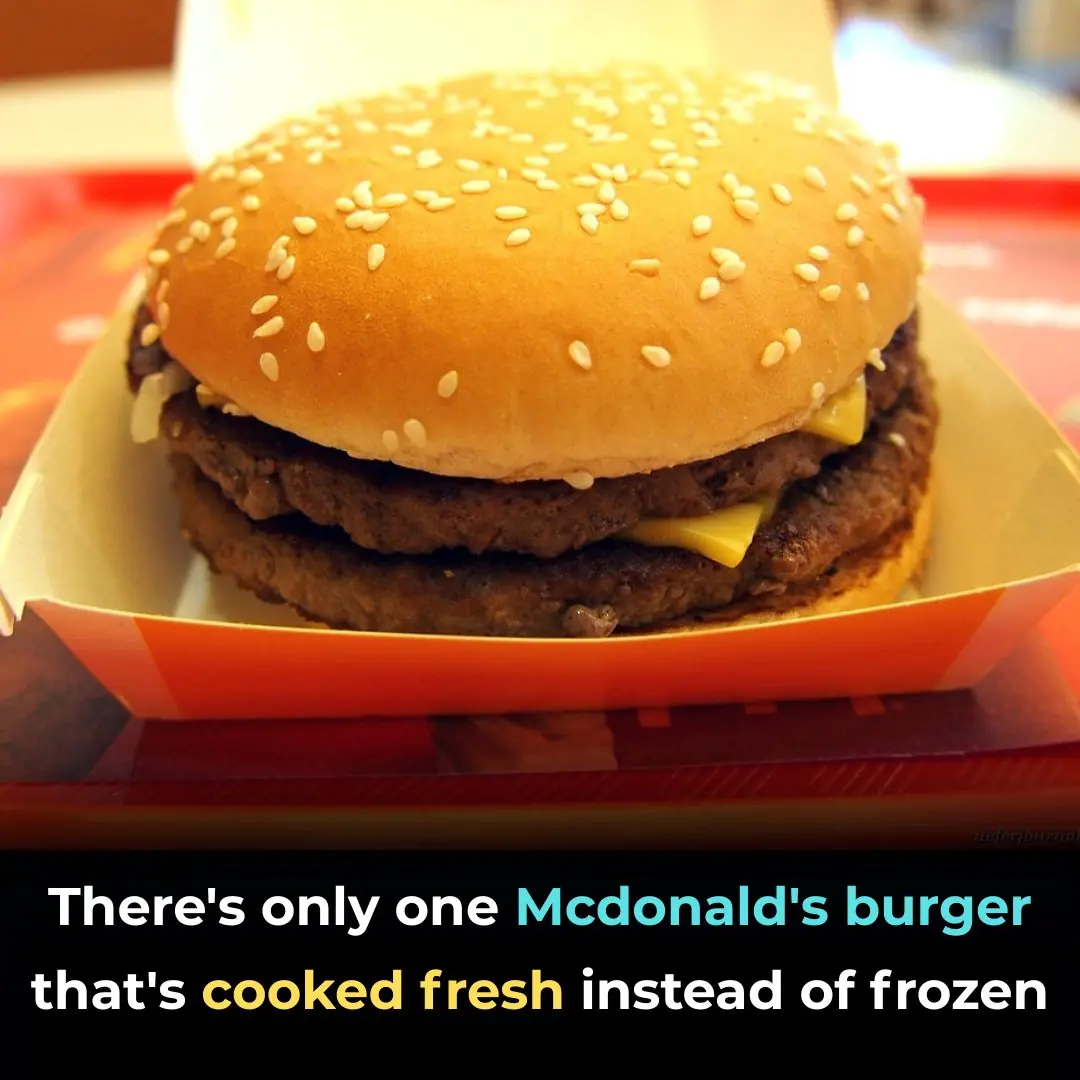
The One McDonald’s Burger That’s Always Cooked Fresh
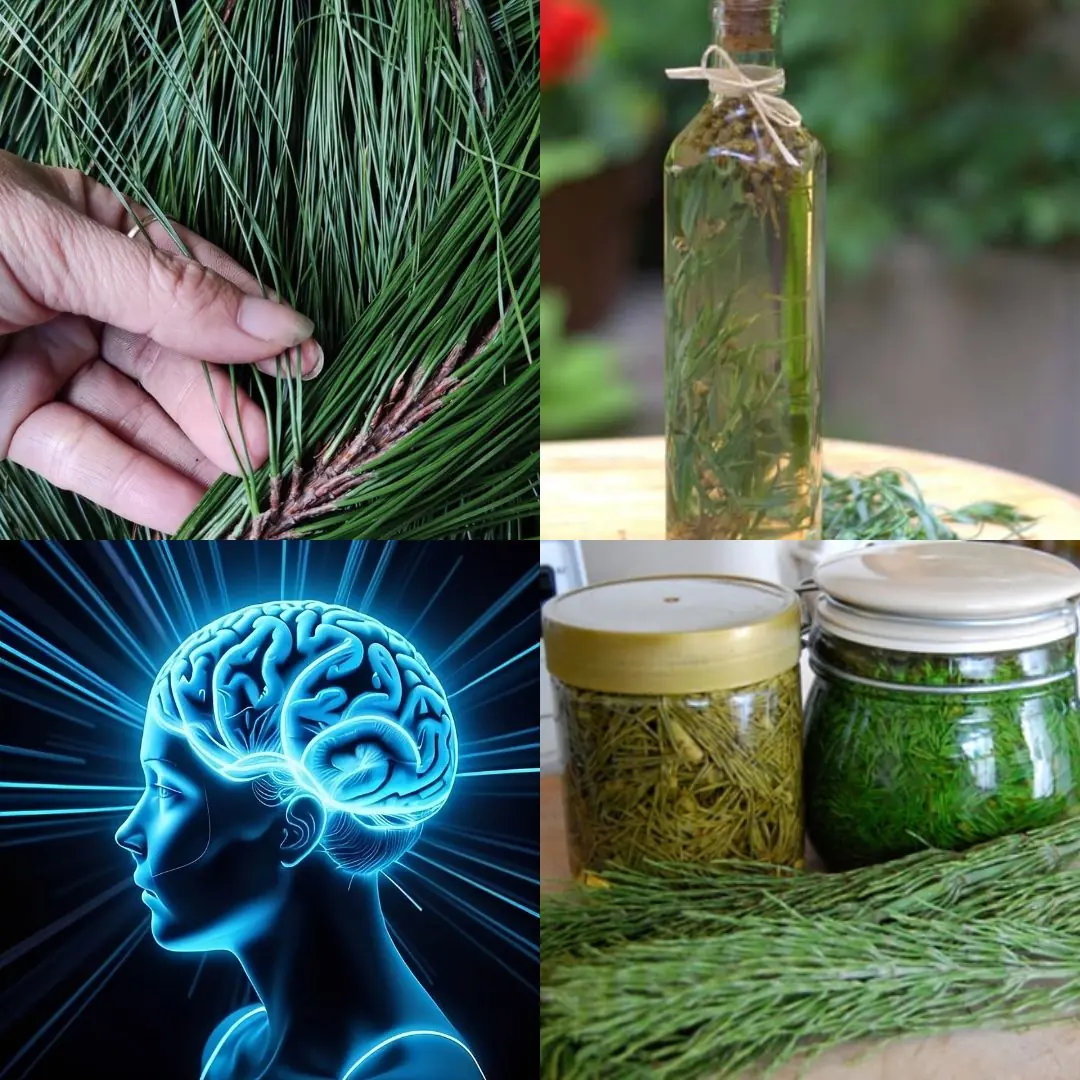
Pine Needle Sprite: A Refreshing Homemade Fermented Drink
